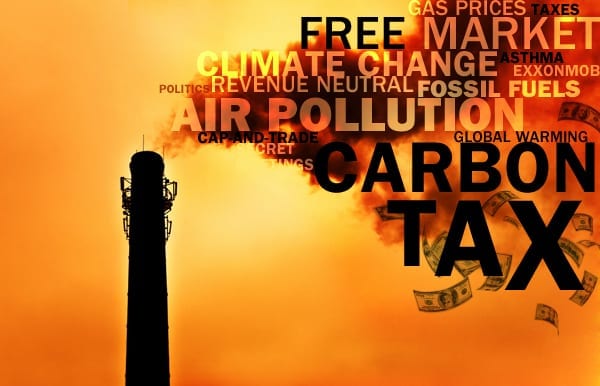Cause of CO2 emissions
A leading cause of CO2 emissions is due to the burning of fossil fuels. Based on studies, industry experts say that to produce electricity cheaply means that massive pollutants are pumped into the atmosphere. According to a M&G article, in South Africa, Sasol’s Secunda plant was for a time the single most polluting factory in the world. The World Bank has indicated that approximately 20,000 people die every year as a result of emissions being pumped into the atmosphere by industries. This costs the economy R300 million annually.How Treasury plans to make businesses pay
The model report proposes that the marginal rate be R120 per ton of CO2 emitted. However, rates might vary from 5% (R6 a ton) to 40% (R48). The report also looked at introducing the following: – An initial 60% tax-free allowance to 2020 – with carbon tax levied only on 40% of emissions– A further 10% allowance relating to process emissions
– A10% allowance for so-called ‘trade-exposed’ sectors – A 5% allowance for those who prove their mitigation efforts keep CO2 emissions lower than their respective industry average – Carbon offset allowances of a further 5% to 10% for those invest in South Africa-based approved carbon mitigating projects – A 5% tax-break for companies that participate in the initial phase of carbon tax budgeting David Mercer, technical director at sustainability consultancy firm, ERM South Africa, says that some businesses seem to think there is no hurry to seriously consider the introduction of carbon tax as the legislation is only at draft stage. Treasury has indicated that the tax would reach its final stage by early 2017. Mercer adds that sectors that will be most affected in South Africa include energy, mining and manufacturing. He encourages businesses to start putting carbon-related legislation in place to avoid the possible severe impacts that could come with the implementation of the tax. He says businesses could potentially earn an extra 15% if a structured approach to carbon management is adopted early. Mercer adds that businesses should begin devising and implementing these strategies as government is committed to cut its greenhouse gas emissions in order with international policies.








